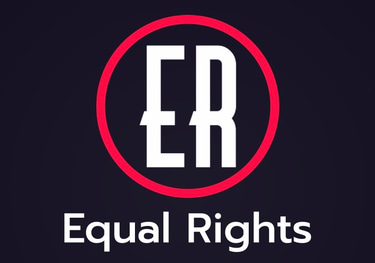Economic Justice:
Closing the Wage Gap in Oregon
Kylo B
4/19/2024
Economic Justice: Closing the Wage Gap in Oregon
The wage gap persists as a critical issue affecting workers in Oregon and across the United States, reflecting systemic inequalities based on gender, race, ethnicity, and other factors.
Achieving economic justice requires addressing and closing the wage gap to ensure fair and equitable compensation for all individuals.
In this article, we examine the wage gap in Oregon, its underlying causes, and strategies for achieving wage parity and economic equity.
Understanding the Wage Gap
The wage gap refers to differences in earnings between different groups of workers.
In Oregon:
Gender Wage Gap: Women, on average, earn less than men for performing the same or similar work.
Racial and Ethnic Wage Gaps: Workers from racial and ethnic minority groups, including Black, Indigenous, Latinx, and Asian American individuals, often experience lower wages compared to white workers.
Occupational Segregation: Certain industries and occupations are associated with lower wages, and women and people of color are disproportionately represented in these lower-paying jobs.
Causes of the Wage Gap
Several factors contribute to the persistence of the wage gap:
Discrimination: Direct and indirect discrimination based on gender, race, ethnicity, and other characteristics leads to differential treatment and lower wages for marginalized groups.
Occupational Segregation: Women and minority workers are overrepresented in lower-paying fields and underrepresented in higher-paying sectors such as technology and finance.
Lack of Pay Transparency: Inadequate transparency around salaries and compensation practices allows for disparities to persist without accountability.
Unpaid Caregiving Responsibilities: Women often bear a disproportionate burden of caregiving responsibilities, impacting workforce participation and earnings.
Educational Disparities: Unequal access to education and training opportunities can limit earning potential for marginalized individuals.
Strategies for Closing the Wage Gap
Pay Equity Laws: Enacting and enforcing strong pay equity laws that prohibit discrimination and mandate equal pay for equal work.
Salary Transparency: Promoting transparency in salary and compensation practices to identify and address wage disparities.
Investing in Education & Training: Increasing access to quality education, vocational training, and professional development opportunities for marginalized groups.
Promoting Flexible Work Policies: Implementing flexible work arrangements and family-friendly policies to support work-life balance for all employees.
Advocacy & Collective Bargaining: Supporting labor unions and collective bargaining efforts to negotiate fair wages and benefits for workers.
Addressing Implicit Bias: Providing training and education on implicit bias to reduce discriminatory practices in hiring, promotion, and compensation.
Role of Government & Employers
Government Initiatives: Policymakers can introduce and support initiatives such as minimum wage increases, paid family leave, and workforce development programs aimed at reducing economic disparities.
Corporate Responsibility: Employers have a responsibility to implement fair and equitable compensation practices, conduct regular pay audits, and prioritize diversity and inclusion in hiring and promotion.
Measuring Progress & Accountability
Regular monitoring and reporting of wage data, along with stakeholder engagement and collaboration, are essential for tracking progress towards closing the wage gap and achieving economic justice.
In conclusion, closing the wage gap in Oregon requires concerted efforts from policymakers, employers, advocates, and communities to address systemic inequalities and promote economic justice.
By implementing proactive strategies, advocating for policy reforms, and fostering inclusive workplaces, we can work towards a future where all individuals receive fair and equitable compensation for their work, regardless of gender, race, ethnicity, or background.
Achieving wage parity is not only a matter of economic fairness but also a critical step towards building a more just and equitable society for all Oregonians.
